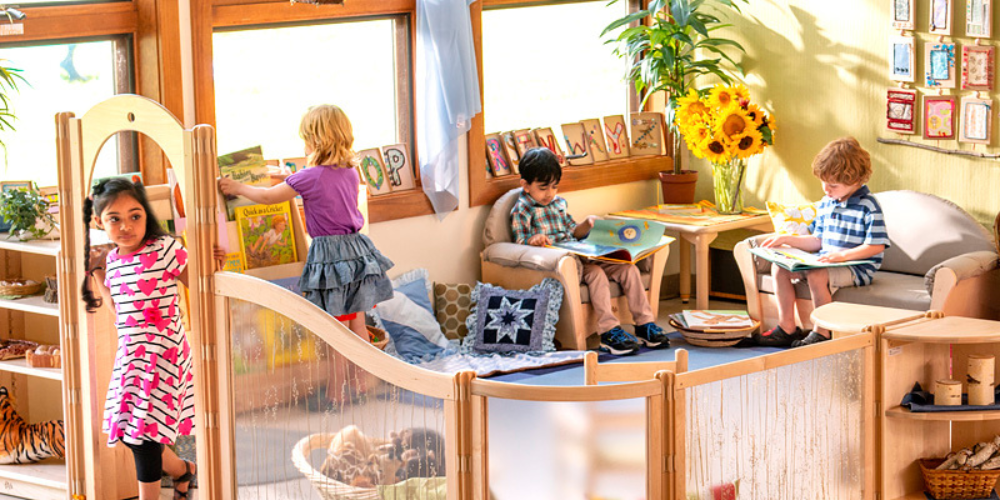Furniture manufacturing is a flourishing industry that is blooming nowadays with an emphasis on preschool furniture, which provides safe and comfortable, and essential stimulus to early childhood education.
Manufacturing any school furniture generally and particularly preschool furniture manufacturing has significant social and environmental impacts.
Here we will learn the impacts of manufacturing furniture on the overall environment, we will aslo discuss ways that can promote sustainable and ethical furniture manufacturing practices.
The Social Impact School Furniture Manufacturing
The most common and main social impact of manufacturing a school furniture is the potential exploitation of labor.
Many manufactures do not pay a reasonable wage to the worker, these kind of factories or manufacturing departments are located in developing countries or in the underdeveloped areas where the labors do not know their rights of getting adequate wages.
These workers work long shifts on minimal wages and they have safety issues as well.
For these concerns, a few of the legitimate workers have protitized fair wages to their labors and are using best safety measures to guarantee labor life safety during the furniture manufacturing process.
They have also started investing in the training of their labors and thus increasing their skills and quality of life.
The second most important social impact of furniture manufacturing is the use of child labor.
In developing or under developed countries children do not have access to the free education, they are forced to work instead of getting education. This is illegal in many countries but still it is problematic in many parts of the world.
For this issue, some manufacturers have implemented strict policies to ensure the suppliers fo not use any form of child labor.
Regular audits and inspections by the ethical standards must be conducted to promote child welfare and education.
The Environmental Impact of Preschool Furniture Manufacturing
Furniture manufacturing can have a significant impact on the environment; carbon emissions and resource depletions are the biggest concern that badly affects the environment around us. Accumulation of waste is also one crucial impact the massive furniture manufacturing can create.
Many manufacturers of preschool furniture use non-renewable materials like the use of plastic and other synthetic materials in furniture manufacturing. Production of these materials involves massive use of energy resources,, which are not biodegradable.
To efficiently address this issue, some manufacturers have started prioritizing sustainable and eco-friendly materials in furniture manufacturing.
The use of renewable resources like bamboo, cork, and any reclaimed wood makes the furniture eco-friendly as it requires fewer resources and has a lower carbon footprint on our planet Earth.
Closed-loop manufacturing is also a viable option some preschool furniture manufacturers have already adopted. It reduces waste and promotes circularity of materials from one form to the other after reaping the benefits of using it once.
Promoting Sustainable and Ethical Manufacturing Practices
Consumers, manufacturers, and policymakers all must do ethical practices to produce furniture in preschools.
Some of the workable strategies include:
- Educate consumers: We need to educate consumers about ethical manufacturing materials' social and environmental impacts.
- Prioritize fair labor practices: One important technique that may make furniture manufacturing considerably viable in ethical manufacturing is to prioritize honest labor. We, as producers, can work with suppliers who pay fair wages to the workers and maintain their safety.
- Use sustainable materials: Producers and manufacturers can use sustainable materials like bamboo, cork, or any recycled material that helps reduce waste and energy fromy of making the raw material.
- Promote circularity:Closed loop circularity promotes the use of waste materials. Manufacturers who prefer closed-loop circularity repurpose and reuse already used material, and they mark themselves as responsible citizen of society.
- Advocate for policy change: Policymakers have a profound and actual role in promoting ethical practices to promote sustainable furniture manufacturing. They can make strict rules and regulations and also can work by giving incentives to the manufacturers who prioritize sustainability and fairness in production.
Conclusion
We can make furniture manufacturing a sustainable one by ethically following regulations and prioritizing fair labor as well.


